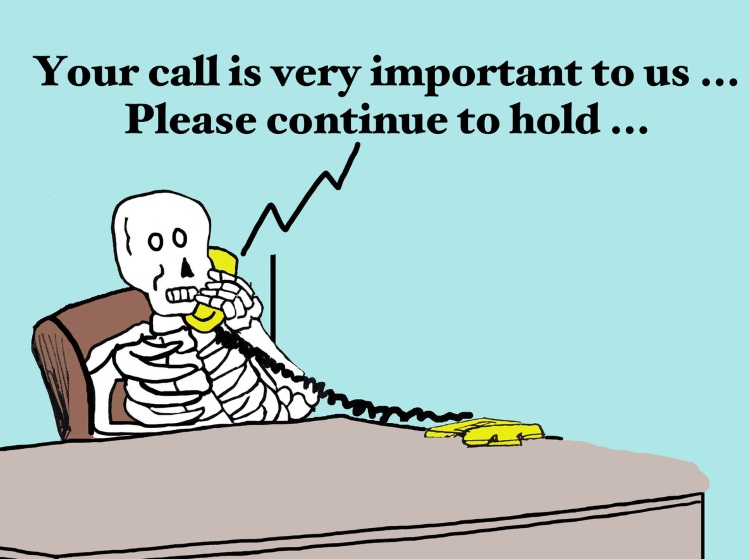
There have been countless changes within the business world in recent years- many of which have been game changing. It’s fair to say that one of the driving factors behind so much change is the progression of technology and the changing way in which we interact with technology. Smart phones in particularly are really transforming practices. One such way in which business is being influenced by technology is the way in which we use the phone- specifically talking on the phone.
There has been a notable shift in the way in which people communicate, both in and out of business. Talking over the phone is being replaced with texts, emails, instant messaging and video chat. Ironically, It’s the rise of the smartphone which has caused the slow demise of traditional phone usage. This trend is widespread, with many people opting to disconnect their landlines and rely solely on their mobile phones. Obviously, this is mainly because mobile phones are much more convenient and consumers are opting to forgo the extra cost of a phone line they no longer use. Whilst we are placing this in a domestic context, it’s also happening in the corporate sphere.
Companies are experiencing a faster pace than ever before and text-based communication offers an attractive alternative to talking. It’s quicker. easier and allows us to get much more done within the working day. Not to mention, talking on the phone is a dying art, especially with younger people. So much so that research has shown that a majority of younger workers (25 and under) actually report a fear of talking on the phone. This is understandable considering they’ve grown up in a world in which smartphone and text-based communication is standard. This is an important point as we are moving through a generational shift in the which workforce is going from a baby-boomer majority, to a millennial majority. Therefore, the way in which businesses communicate will likely be going through a major overhaul in the coming years.
So, if workers aren’t making voice calls, how are they communicating? It’s actually quite a varied mix of techniques, ranging from texting, email and online communication such as VOIP and Skype. Whilst these methods may be more convenient and cheaper than using a traditional landline- there are disadvantages to be considered. For example, online communication requires bandwidth and as more people use it, more bandwidth is required. There are concerns that the infrastructure isn’t prepared for this shift away from voice calls. Another issue is security, which can be much more precarious when communicating via the internet. Considering the rise of hacking, data theft and attacks, security is more important than ever before.
However, one of the main downsides to the decline of the phone is the unique experience that it offers. Talking on the phone can facilitate a warmer, less formal interaction which can then be beneficial for creating stronger business relationships. It’s also worth pointing out that although fewer people are making phone calls, they aren’t dead yet and are still incredibly popular with the 50+ age group.
We may be heading for a situation in which phone calls are so rare that when they happen, the mean more. For example, day to day interactions happen via text or email but when it’s an important business deal or a new client, then a phone call is used. Therefore, the customer feels special, in the same way in which post and letters have become rarer and more meaningful.
Whilst it may be premature to declare the death of the business telephone, it’s clear that change is coming. It’s probable that the phone won’t die but will evolve and companies will adopt a more multi-faceted approach to communication. Whereas in the past, the majority of businesses utilised mix of phone and email, we now live in an age where many forms of communication exist. Therefore, instead of a one-size-fits-all approach, companies will choose according to the specific situation and what benefits them at that time.

